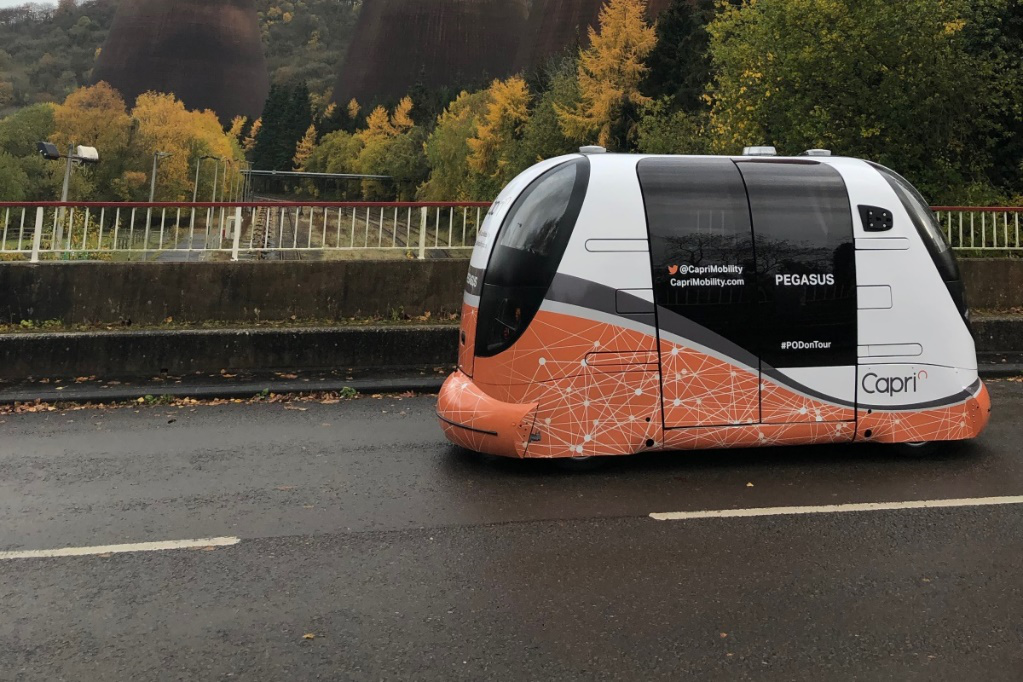
Two test routes have been announced for self-driving cars in London in the Royal Borough of Greenwich and Queen Elizabeth Olympic Park in Stratford by the Smart Mobility Living Lab (SMLL).
The testbed for future transport is also offering a UK industry first in giving transport innovators the ability to design their own test routes on public roads in a real-world urban environment.
Advanced roadside monitoring infrastructure will be installed to increase safety and provide information on how vehicles behave in real-world situations.
Attitudes to CAV
According to SMLL’s own research study of the connected and autonomous vehicle (CAV) market, 84 per cent of industry decision-makers agree that the UK needs its own testing facilities. With 67 per cent of them also agreeing that CAVS will make roads safer and that the ability to test vehicles in a scalable, everyday environment is essential to developing and rolling out driverless cars.
The sites incorporate 24km of existing roads remotely monitored by live CCTV, with roadside sensors for collecting and sharing data both from the vehicle systems being tested and from communications between the vehicle to the infrastructure.
SMLL customers will be able to create their own bespoke routes around the two sites. The SMLL routes, incorporate a wide range of road and junction layouts, crossings, bus and cycle facilities to test vehicle performance in real world conditions.
“We know that for connected and autonomous vehicles to be successful we need to enable transport innovators to test in a complex urban environment"
Test features are available at different levels of complexity for self-driving cars and other vehicles, enabling SMLL customers to progress in a safe fashion from digital twin simulation to increasingly complex real-world testing.
“We know that for connected and autonomous vehicles to be successful we need to enable transport innovators to test in a complex urban environment that features human-driven vehicles and pedestrians,” said Ben Coulter, head of sustainability at London Legacy Development Corporation.
“That’s exactly what we can do at Queen Elizabeth Olympic Park, enabling the practical implications of this technology for people’s everyday lives to be fully explored before it is introduced more widely.
“This is part of a wider programme of work underway at Queen Elizabeth Olympic Park to use technology and integrated approaches to innovate and support the operation of resource efficient, low carbon, connected and future ready places.”
The consortium behind the living lab includes Transport Research Laboratory (TRL), urban innovation company, DG Cities, as well as Cisco, Cubic, Loughborough University, Transport for London and the Queen Elizabeth Olympic Park.
Original Text (This is the original text for your reference.)

Two test routes have been announced for self-driving cars in London in the Royal Borough of Greenwich and Queen Elizabeth Olympic Park in Stratford by the Smart Mobility Living Lab (SMLL).
The testbed for future transport is also offering a UK industry first in giving transport innovators the ability to design their own test routes on public roads in a real-world urban environment.
Advanced roadside monitoring infrastructure will be installed to increase safety and provide information on how vehicles behave in real-world situations.
Attitudes to CAV
According to SMLL’s own research study of the connected and autonomous vehicle (CAV) market, 84 per cent of industry decision-makers agree that the UK needs its own testing facilities. With 67 per cent of them also agreeing that CAVS will make roads safer and that the ability to test vehicles in a scalable, everyday environment is essential to developing and rolling out driverless cars.
The sites incorporate 24km of existing roads remotely monitored by live CCTV, with roadside sensors for collecting and sharing data both from the vehicle systems being tested and from communications between the vehicle to the infrastructure.
SMLL customers will be able to create their own bespoke routes around the two sites. The SMLL routes, incorporate a wide range of road and junction layouts, crossings, bus and cycle facilities to test vehicle performance in real world conditions.
“We know that for connected and autonomous vehicles to be successful we need to enable transport innovators to test in a complex urban environment"
Test features are available at different levels of complexity for self-driving cars and other vehicles, enabling SMLL customers to progress in a safe fashion from digital twin simulation to increasingly complex real-world testing.
“We know that for connected and autonomous vehicles to be successful we need to enable transport innovators to test in a complex urban environment that features human-driven vehicles and pedestrians,” said Ben Coulter, head of sustainability at London Legacy Development Corporation.
“That’s exactly what we can do at Queen Elizabeth Olympic Park, enabling the practical implications of this technology for people’s everyday lives to be fully explored before it is introduced more widely.
“This is part of a wider programme of work underway at Queen Elizabeth Olympic Park to use technology and integrated approaches to innovate and support the operation of resource efficient, low carbon, connected and future ready places.”
The consortium behind the living lab includes Transport Research Laboratory (TRL), urban innovation company, DG Cities, as well as Cisco, Cubic, Loughborough University, Transport for London and the Queen Elizabeth Olympic Park.









 User Center
User Center My Training Class
My Training Class Feedback
Feedback












Comments
Something to say?
Login or Sign up for free